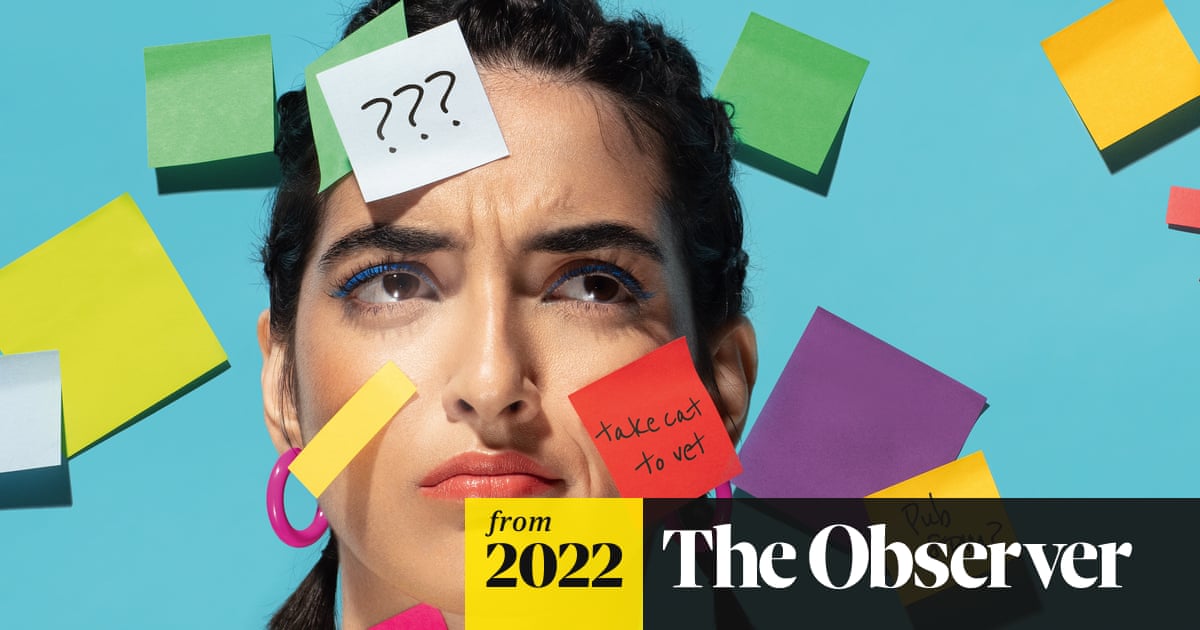Happy Joe
Apprentice Geezer
I primarily use my smart phone as a phone (and would be very happy without it)... although I do have an e-book app with some e-books and a music app with music that I occasionally use to drive a Bluetooth speaker; when things ge slow while camping... (I prefer to camp in areas without cell service).
So, since I might use the phone once between chargings, (I'm not a phone person) I don't see a problem with it making me lazy(er)...
Enjoy!
So, since I might use the phone once between chargings, (I'm not a phone person) I don't see a problem with it making me lazy(er)...
Enjoy!


